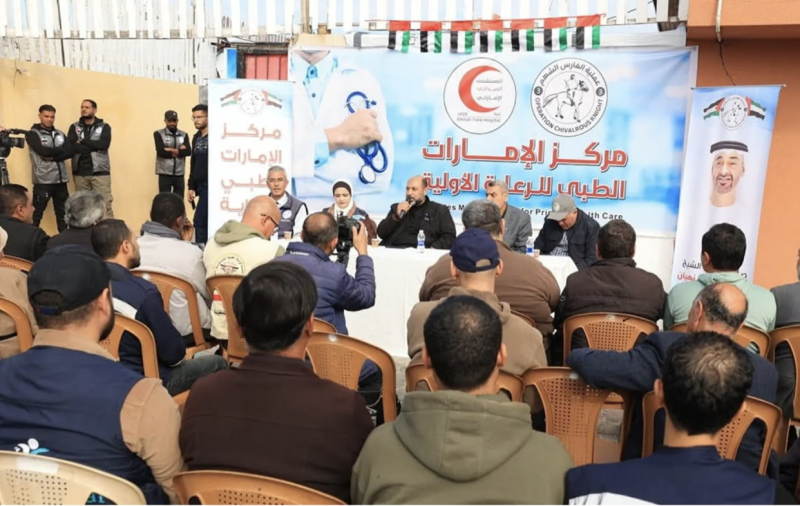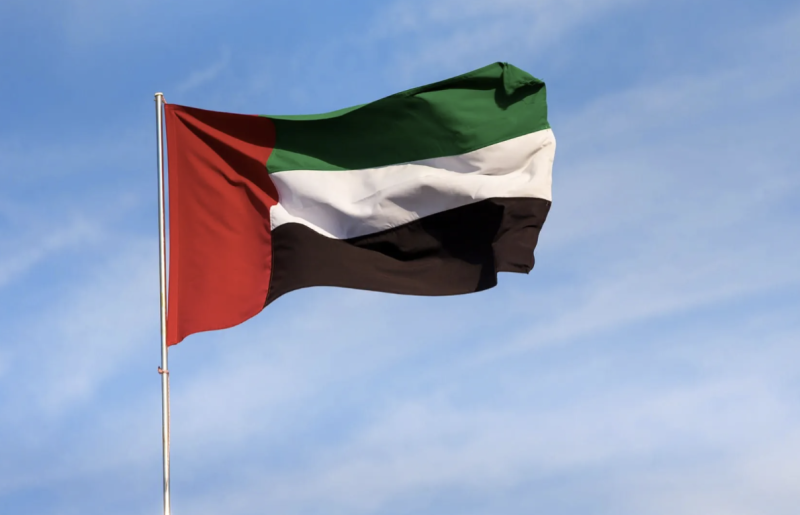Mocha is famous for being the major marketplace for coffee from the 15th century until the early 18th century. Even after other sources of coffee were found, Mocha beans (also called Sanani or Mocha Sanani beans, meaning from Sana'a) continued to be prized for their distinctive flavor—and remain so even today.[1]
European factories at Mocha in the late 17th century
According to the Portuguese Jesuit missionary Jerónimo Lobo, who sailed the Red Sea in 1625, Mocha was "formerly of limited reputation and trade" but since "the Turkish assumption of power throughout Arabia, it has become the major city of the territory under Turkish domination, even though it is not the Pasha's place of residence, which is two days' journey inland in the city of Sana'a."[2] Lobo adds that its importance as a port was also due to the Ottoman law that required all ships entering the Red Sea to put in at Mocha and pay duty on their cargoes.
Passing through Mocha in 1752 and 1756, Remedius Prutky found that it boasted a "lodging-house of the Prophet Muhammad, which was like a huge tenement block laid out in many hundred separate cells where accommodation was rented to all strangers without discrimination of race or religion." He also found a number of European ships in the harbor: three French, four English, two Dutch, and one Portuguese.[3]
English, Dutch, French and Danish East India companies maintained factories at Mocha, which remained a major emporium and coffee exporting port until the early 18th. century. In August 1800 Phoenix visited. William Moffat, her captain, took the opportunity to prepare a chart of the mouth of the Red Sea.
In December 1820, HMS Topaze and ships and troops belonging to the British East India Company attacked the North and South Forts, destroying them. The action was in pursuit of British demands on the government of the city.
Villa of the Turkish governor, late 19th century
General view of Mocha, early 20th century
Diplomat Edmund Roberts visited Mocha in the 1830s. He noted that Turkish "rebels" possessed Mocha. The Turks took it over after they left Egypt while being disgruntled with the rule of Muhammad Ali of Egypt. The "rebels" consisted of a leader, Turkie ben al Mas, and people from throughout Arabia.[4]
At present, Mocha is no longer utilized as a major trade route and the current local economy is largely based upon fishing and small amounts of tourism. The village of Mocha was officially relocated 3 kilometres (1.9 mi) west along the Red Sea shore to accommodate the building and demolition of several coastal highways.




